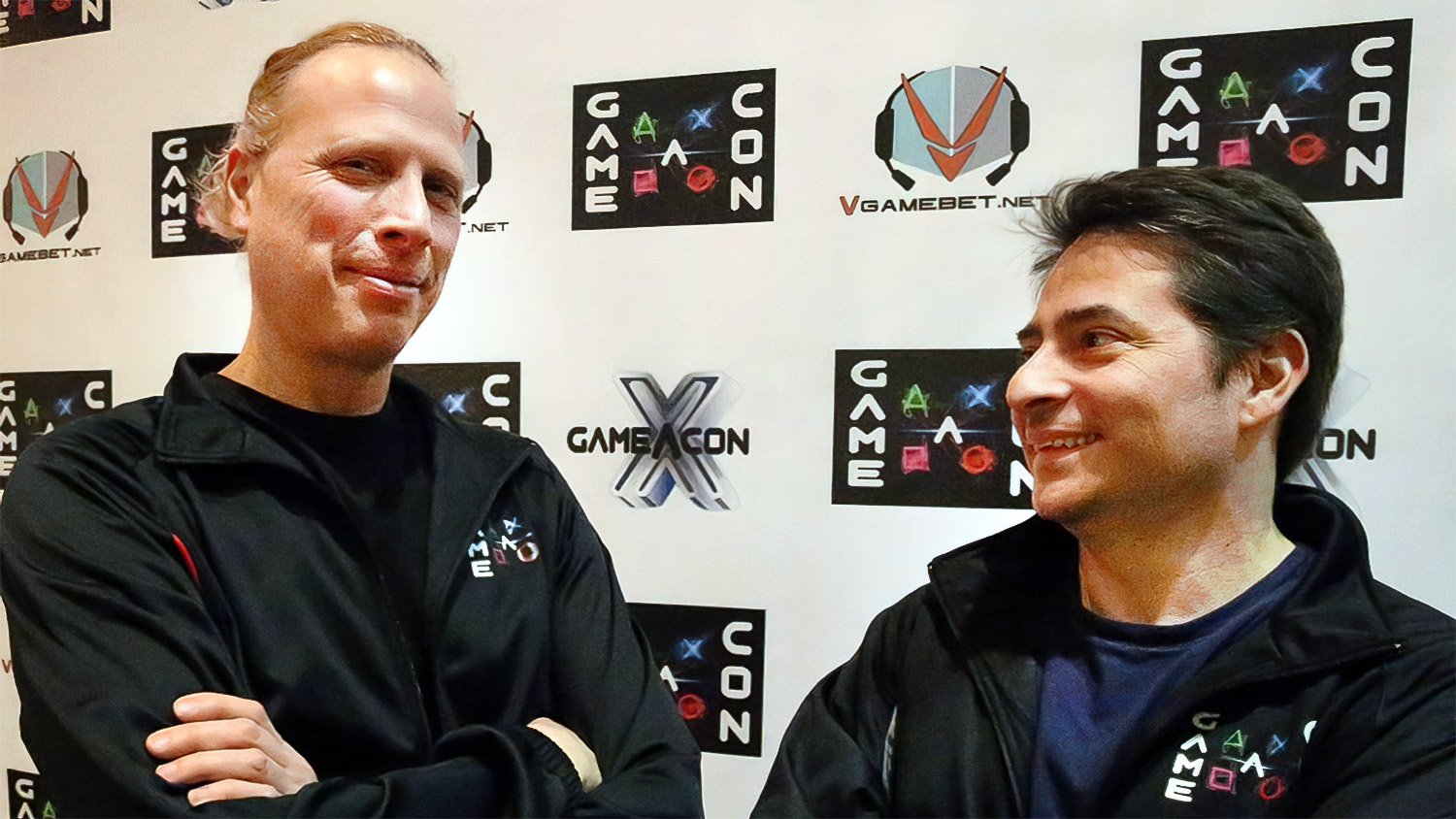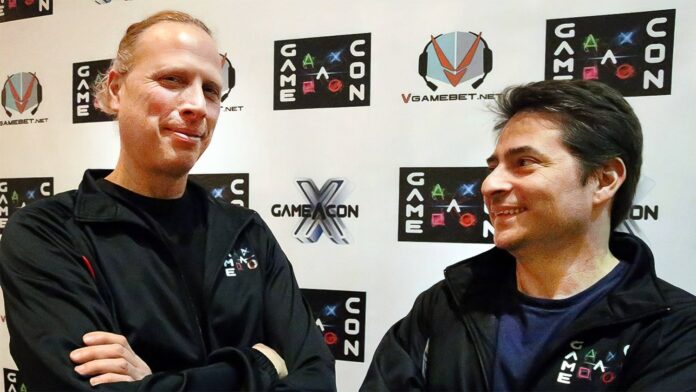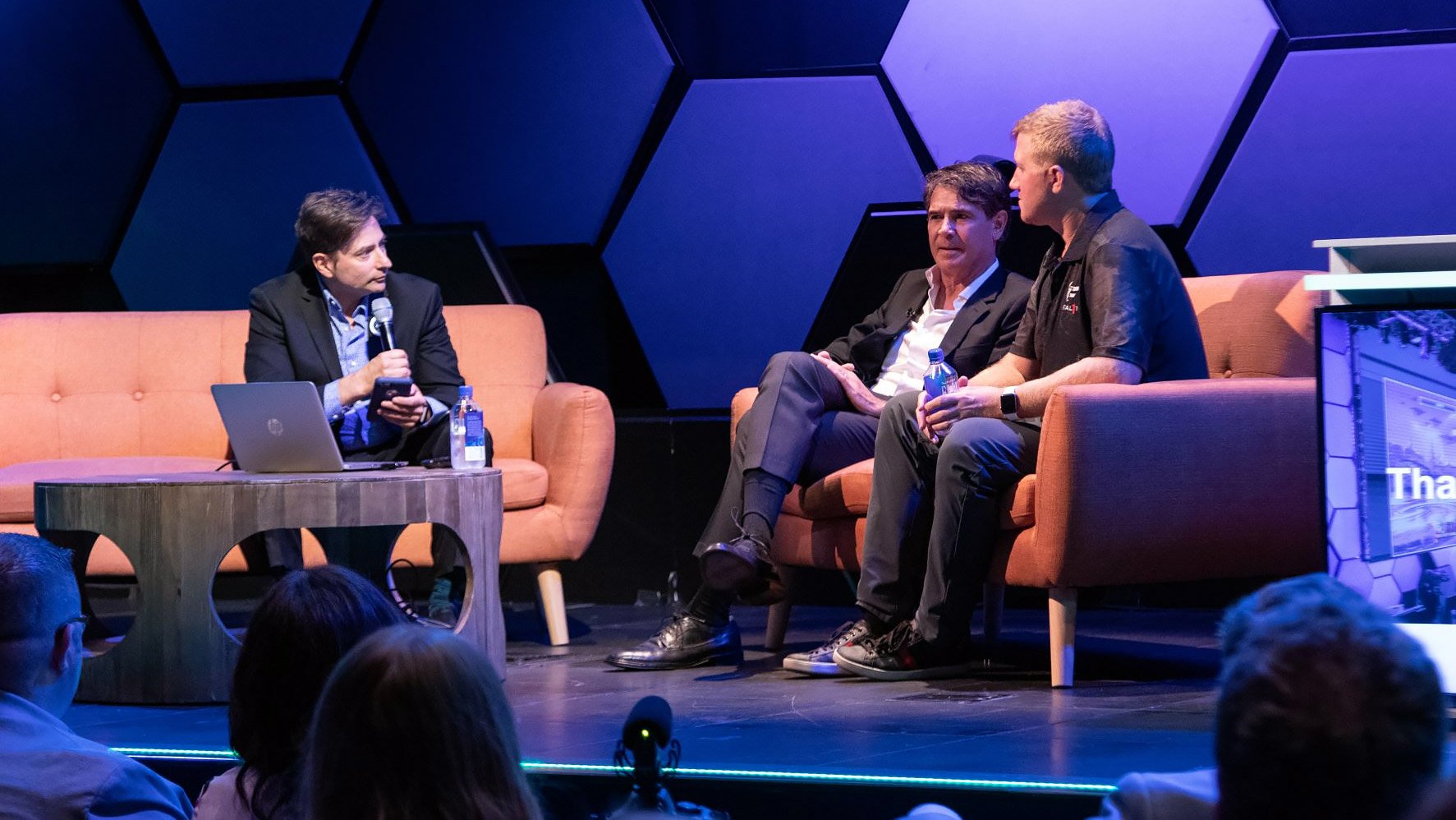“We’re coming to that point in the casino industry where their offerings are becoming outdated,” brothers Ben and Ari Fox tell Yogonet in the first part of two exclusive interviews. Accustomed to a type of experiences that appeal to their traditional public but might not work with the new generations, land-based casinos face the risk of growing disconnected from the needs and interests of the younger segments. But the Fox brothers believe there is a way out of this predicament: embracing change.
Together, the duo has been exploring for years what is next in gaming entertainment through CEC Live! (formerly known as the Casino eSports Conference), a series of carefully curated conferences focused on the intersection of traditional gambling and the world of eSports and video gaming. In addition to discussing new technologies, business opportunities and trends, the events serve the major function of showing that these two new environments can be compatible and work together.
Ahead of a new CEC Live! in Atlantic City, to be held November 6-7, and an inaugural edition at California’s Agua Caliente Resort Rancho Mirage slated for next year, Yogonet caught with the Fox brothers to discuss what is next in eSports and gaming, why the casino industry is slow to adapt to these new offerings and the importance of speaking the same language of the younger segments.
What is new and significant about these upcoming editions of CEC Live! and how will they compare to the previous ones?
Ari Fox: The overall focus of the events that we’re having in Atlantic City and in Agua Palm Springs is the topic of “What’s next?” It is what we’re trying to focus on in the casino industry. We want to really delve into high-tech entertainment opportunities and how to integrate that into a gambling space.
Ben Fox: Trying to get a new source of entertainment in the casino industry that is relevant to the new players is imperative. We’ve been at this for a while and through that time we’ve watched the progression, or I should say regression, of what’s been happening out there in the market.
People have tried a few things, skill-based machines, things like that, in order to integrate into the casino industry. But they haven’t really dug deep enough to grab a good handle on what they’re able to do, as far as this entertainment goes. So as we continue forward and we keep producing these shows to get people together, we also present them with all the opportunities that they can utilize in their properties today.
In some jurisdictions, you’re able to do eSports wagering, such as in New Jersey specifically. It is one of the reasons why we have our event there, with host property Resorts, which happens to be the very first casino that actually ever opened in Atlantic City. It’s fitting that we have the CSI live there because once again it’s groundbreaking.
What led CEC Live! to expand to Agua Caliente?
Ben Fox: It is really kind of unique because it’s the first time in which a Native American casino actually is committed to this. They are not just hosting the event. They’re actually really involved in it, in the sense that they’ve been themselves running tournaments weekly, Wednesday nights, to engage the new audience and experiment with it.
They’ve learned a lot and it is a pretty successful thing for them. Now they’re ready to share it with all the other Native American tribes that are also looking for some entertainment that is going to be very, very relevant to them. It already is, only that the casino world is a little slower to adapt. But it’s out there.

What are the main issues and discussions driving the agenda of the esports and video gaming world now?
Ari Fox: The main focus of casinos, and even the online wagering platforms offering sports betting and iGaming, has been and always will be the current games and types of wagering that they offer today. And as long as they’re making money on those things, everything else doesn’t really matter to them – “If it ain’t broke, why fix it?”
What we hear in the news, and what we see on videos, is only scratching the surface of what’s happening below. Most executives and companies will always just sort of glide along that surface. And if things are fine, then no problem. If things start to become an issue, they will have to go under the surface to find out what’s there and find how they can implement that into their offerings. And we’re coming to that point in the casino industry where their offerings are becoming outdated.
So in regards to eSports, on the surface, everyone knows or has read articles about it: “This eSports team going bankrupt, that eSports team folding; this arena was built, but it’s got to close…” We’ve only heard as of late about the decline and the problems, or the bubble popping, of eSports. But there are ways to make money there.
But does the casino industry currently see eSports as an opportunity to leverage?
Ari Fox: There are ways to leverage the next offering to a younger demographic. But if you talk to any executive about eSports or even anything new in skill-based gaming, they’re like: “Young people have no money.” Many instead of talking about eSports and technology talk about sports wagering.
Okay, great. So we have sports wagering. But I’ve been on many panels where the moderator will ask the panel, who are all sports wagering people – “When is sports wagering going to start making money?” Because it’s not making the kind of money they really want it to make. So the question in my head is – I don’t know if it ever will because the younger demographics are not interested in that.
However, eSports is still below 1% of any wager platform. And the reason is that there’s a disconnect in the gambling industry, not understanding what the younger generations are looking for. They don’t know how to integrate with them, how to give them what they’re looking for; they don’t know what they enjoy doing.
There are some casinos that are beginning to understand it, and the one that we’re having our event in March, Agua Caliente, they’re already on track. They are patient. They’ve been having Super Smash Brother tournaments every week, every Wednesday night. This is how you open that door and you say: “Let’s try something new.”
CEC Live! returns to Atlantic City on October 18
Many companies have yet to give eSports a chance.
Ben Fox: It’s understanding that it’s not like a turnkey business where you just one day open up and you’re all about eSports. It’s in stages or steps, or tests in the market. They’re expecting a lot from this portion of the business to just open up and blow out the doors.
A lot of times the approach is what is holding them back because they’re expecting it to be like any other wagering product when there is a math to it. It’s out there and there’s a way for them to do it. But it seems they don’t have the patience to let that happen. Agua Caliente actually are doing that and they realize that it’s a long-term thing.
You start seeing all kinds of offerings like football, car racing, giant eyeball globes and things like that to attract people to Las Vegas, and you have to wonder – are they changing something up here? They have to change because the big bubble that they had where everybody got money from the government and then just went happy and spent it in Las Vegas is just that. They realize that they need to entertain these crowds in other ways.
eSports could be one of those ways.
Ben Fox: I looked up some stats on the different groups regarding baseball the other day. It’s wonderful that they’re building a baseball stadium in Vegas, but I’m just going to give you a quick stat here: 65% of baby boomers are into baseball, whereas for Gen X, 57% of them are into baseball. And you keep going down the line and you see that 44% of millennials, meaning less than half of the population of millennials, are even caring about baseball. And then you go even further with 36% of Gen Z.
It’s an obvious decline in their viewership. What do these lost audiences do? Well, those people are doing something else. They’re involved in another activity. And if the casino industry thinks that they’re going to convert these people into something else, that’s not the case. When we were kids, we played in Little League, we were in baseball. It was part of what we had. These guys are playing video games, and that’s not going to go away. They’re going to continue to do that.
So how do you take something that they already are really well engaged in and monetize it? That’s what we’re talking about. And that’s what we’re working towards at both events. It’s part of a bigger problem, which is that they’re losing their traditional audience and they can pick it up in a different way.















